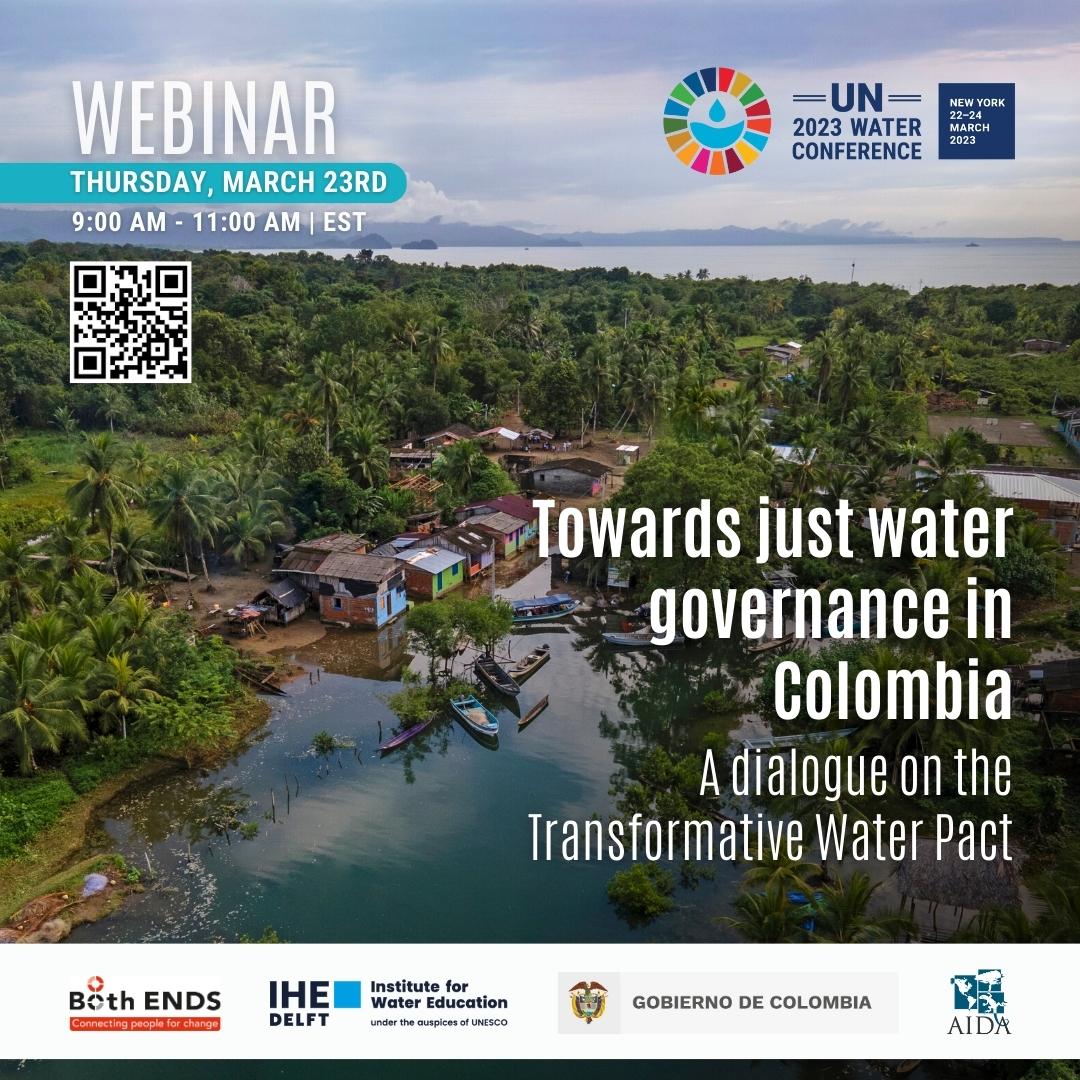Here you will find the latest news, blogs from our staff, the most recent publications and upcoming events. If you would like to stay informed of the latest news, subscribe to our newsletter or follow us on LinkedIn, Facebook, Instagram and X.

Our manifesto "The Dutch Agriculture Agreement reaches further than the Netherlands: offer prospects for sustainable farmers and consumers worldwide" has now been signed by over 70 civil society organisations, agricultural organisations and companies, environmental organisations and scientists from around the world. Below, a few of them give their personal motivation why they support the manifesto.

The Dutch Agriculture Agreement, which is currently under development, is too much focused solely on the Netherlands. That is the opinion of a broad coalition of more than sixty NGOs, farmers' organisations, scientists and companies that have today sent an urgent letter to agriculture minister Piet Adema and foreign trade and development minister Liesje Schreinemacher. The government's agricultural policy should also aim to reduce the Netherlands' enormous agrarian footprint beyond our borders, by taking food security and the preservation of biodiversity as its starting points. The coalition has published a manifesto in which it sets out how reform of the Netherlands' foreign agricultural policy could be given shape.

In these uncertain times of accumulating national, international and global crises, we need hope and inspiration more than ever. Fortunately, many hopeful ideas and initiatives are already existing that show that it is indeed possible to change the world - and especially the systems behind it - in a sustainable and fair way. What opportunities are to be found, what is hopeful, what is already happening and how can we, as the Netherlands, respond to this?

The UN Water Conference is an important event that brings together stakeholders from around the world to discuss water and climate solutions. This year, GAGGA is organizing a side event during the conference that you won't want to miss!
On Thursday March 23rd, from 1.15 -2.30 pm, GAGGA will present their commitment to support, finance, and promote locally rooted, gender just climate and water solutions within the Water Action Agenda. This event will inspire other stakeholders to join in their commitment, while presenting inspiring examples of such solutions presented by local women from Nepal, Kenya, Paraguay, Mexico, and Nigeria.

This event will present The Transformative Water Pact (TWP), an innovative framework for water governance that has been developed by environmental justice experts from around the world. The TWP will serve as a starting point for dialogue between representatives of the government of Colombia, academia, regional and international NGOs in relation to Colombia's current ambitions in multi-scalar water governance.


Water is literally life, the lifeblood of ecosystems, of nature, of humans. However, in many places the distribution and use of water is unjust and unsustainable. Water management is generally focused on short-term economic interests, on maximizing the profit of a well-connected few at the expense of people and nature. This dominant view of water and water management has its origins in the European industrial revolution, which became the global norm through colonialism and globalization. But according to Melvin van der Veen and Murtah Shannon, water experts at Both ENDS, this view will have to give way to equitable, sustainable and inclusive water management. Both ENDS cooperates with and supports communities and organisations worldwide who are working to this end.

Academics and civil society representatives from around the world came together to articulate an alternative vision and framework for water governance, in the run-up to the UN Water Conference 2023 in New York. The Transformative Water Pact was developed in response to the continued exploitation of nature, neglect of human rights and the extreme power-imbalances that characterize contemporary water governance throughout the world. It details an alternative vision of water governance based on the tenets of environmental justice, equality and care.